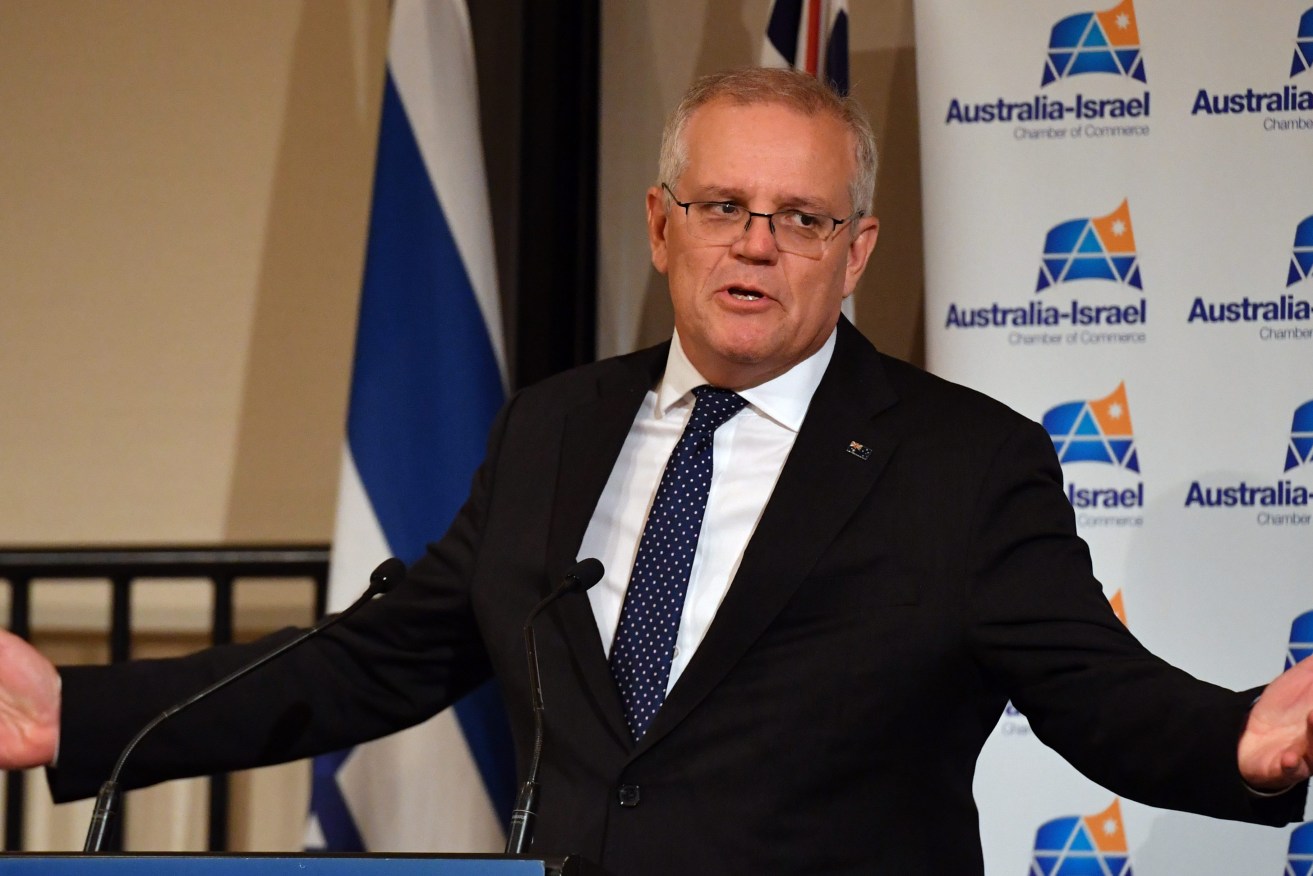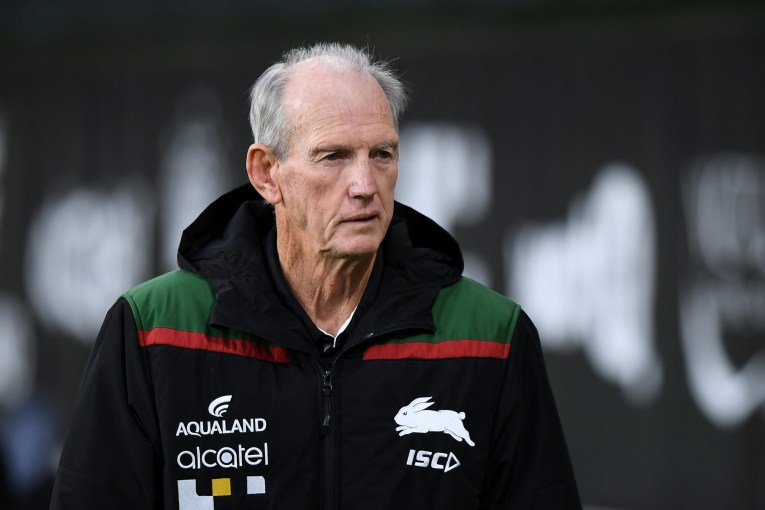Workers will be $4000 worse off by end of year, but PM says it’s out of his control
Inflation is eating into Australians’ buying power faster than it can be built up, with poor real wages growth meaning workers are set to be an estimated $4000 worse off this year.


The coalition stalled the announcement on prices until after the election (AAP Image/Mick Tsikas)
The Australian Bureau of Statistics said its wage price index rose 0.7 per cent in the March quarter, which economists said was disappointing.
In real terms, wages have fallen by 2.7 per cent year-on-year and unions said it was the worst result in 20 years in real terms.
“If today’s March results hold throughout 2022 workers are projected to lose an additional $4000 in real terms,” the ACTU said.
This followed a loss in real terms of $800 last year.
Prime Minister Scott Morrison sidestepped blame, saying inflation was beyond his control.
“But inflation is the challenge and that’s why when you’re dealing with things like that you’ve got to know the things you can’t control: global events, global forces, wars in Europe, disruptions of supply chains and the pandemic,” he said during a speech in Melbourne.
In Queensland, wages grew by 0.5 per cent in the March quarter, one of the lowest levels nationally. In the past year, wages have risen 2.5 per cent in Queensland, but while this was weak, it was the best result for the state since 2014, according to CommSec.
It also pointed out that wage increases were slow to show up in data and often are only paid after financial results of the employer were released so were unlikely to show up until September or December.
On the back of a housing price boom, the real estate sector had the biggest wage increase for the year, but even that was just above 3 per cent, well below the 5.1 per cent inflation rate.
The only good news from the data was that it was likely to convince the Reserve Bank board to peg back any increase in the cash rate when it meets next week.
The market had been anticipating a 40-basis point (0.4 per cent) increase in the cash rate, but economists said the disappointing wages data could mean a rate hike of only 25 basis points, but unemployment data to be released tomorrow would also have an impact.
Cost of living pressures have dominated the six-week federal election campaign which draws to a close on Saturday.
Morrison was optimistic wages would increase.
“Unemployment has fallen to 4 per cent in this country,” he reminded reporters in Melbourne and prior to the ABS data release.
Ballooning inflation and an expected rapid rise in interest rates is likely to take the edge off economic activity this year.
The Westpac-Melbourne Institute leading index, which indicates the likely pace of economic activity three to nine months into the future, fell to 0.88 per cent in April from 1.69 per cent.
However, at an index above zero, it still indicates the economy will grow above its long term trend rate of around 2.8 per cent.
Westpac chief economist Bill Evans said his bank had recently revised down its growth forecast for 2022 from 5.5 per cent to 4.5 per cent.
“That reflected the sharp increase in the cost of living as headline inflation lifted by 5.1 per cent in the year to March … and an earlier and more rapid policy tightening from the RBA,” Mr Evans said.
“That said, near term prospects are still positive.”
-with AAP












